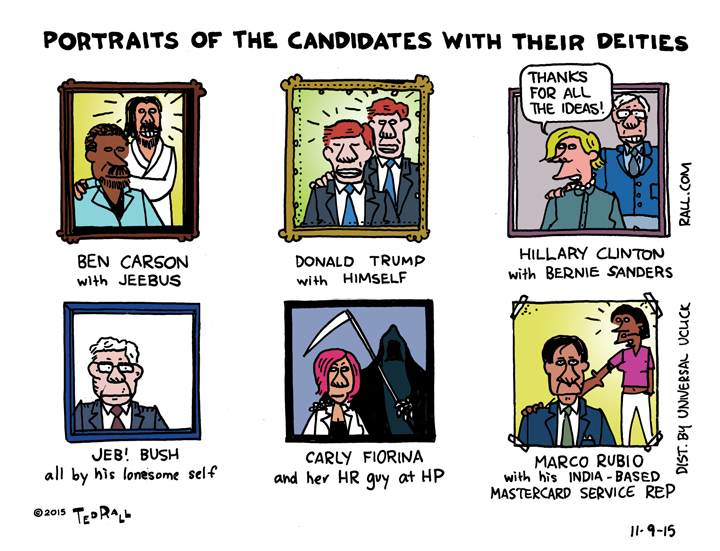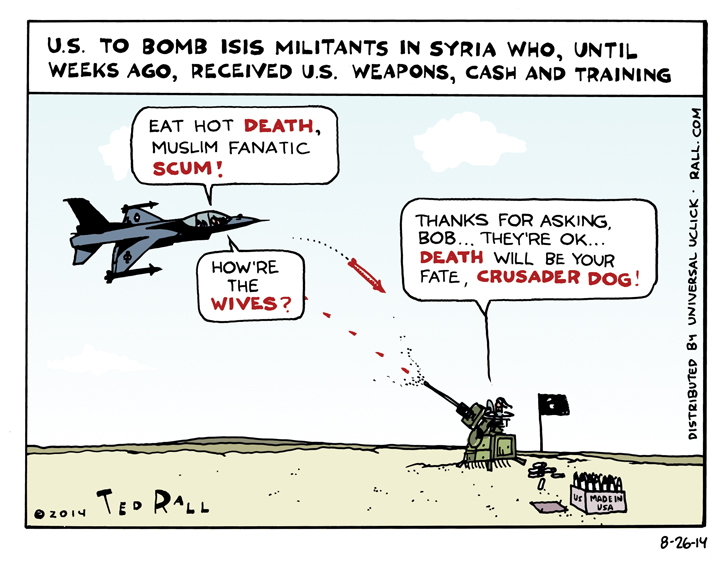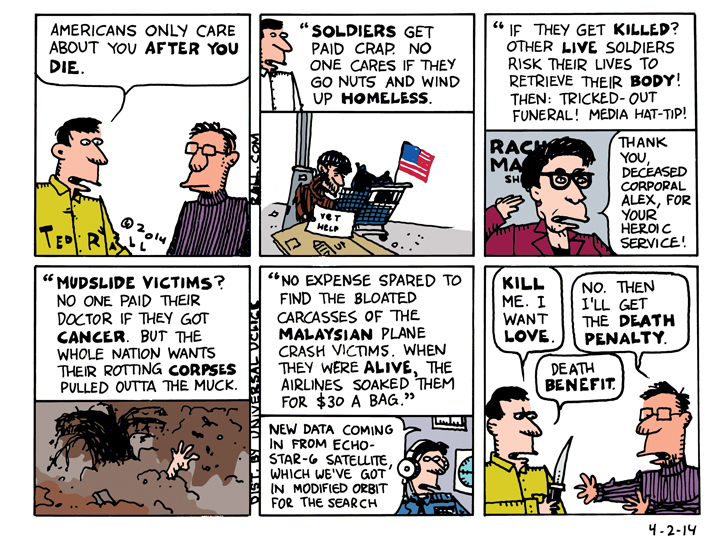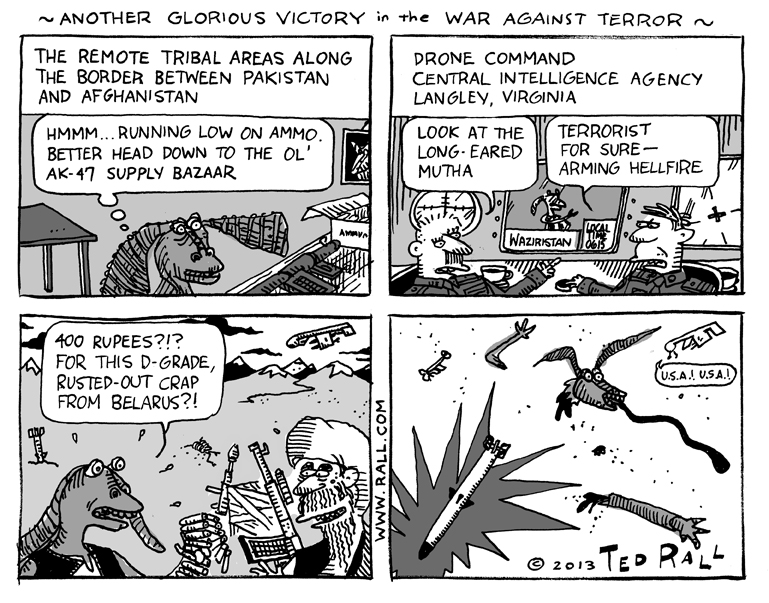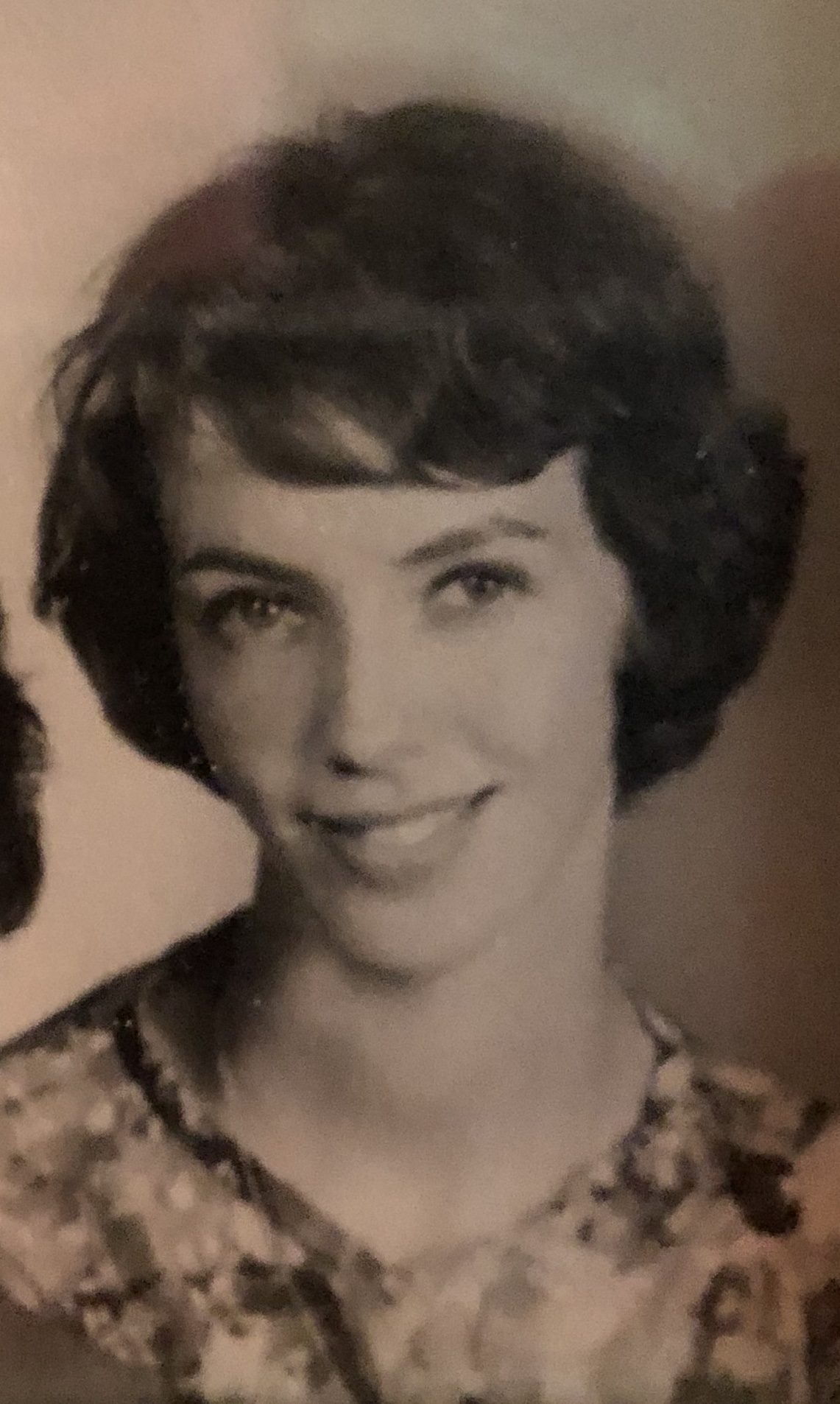 Yvonne Rall, a brilliant and demanding educator who left her mark on thousands of high school French students, died February 7th in Kettering, Ohio. The cause was complications from Alzheimer’s disease.
Yvonne Rall, a brilliant and demanding educator who left her mark on thousands of high school French students, died February 7th in Kettering, Ohio. The cause was complications from Alzheimer’s disease.
She was 84.
She was my mother.
A native of France who arrived in the United States at age 25 in 1961, my mom became a memorable presence at Centerville High School near Dayton, Ohio for her stylish wardrobe, commanding presence—she was 5’9” with hazel eyes that could transition from a kind glint to piercing contempt in an instant—and passionate advocacy of French language and culture.
During her tenure from 1973 to 2005 Rall initiated the school’s advanced-placement French program, began a French Honor Society and was named Teacher of the Year in 2001. She held a bachelor’s degree from Wright State University and a master’s from the University of Dayton, both in education.
She was as feared as she was fondly remembered. Students recalled a sharp-tongued teacher who enforced a zero-tolerance policy toward slouching, laziness and the use of English in class. She was also kind. She arrived early and worked late each day in order to tutor students who needed extra help. She inspired several of her students to become French teachers.
Née Yvonne Touzet in Mugron in the southwest department of Landes, she was born on May 3, 1935 to Charles Touzet, an orphan, merchant mariner and fisherman who suffered from alcoholism and had trouble holding a job, and Marie Le Corre, her mother. Marie apprenticed to wash and fold the distinctive bigoudène lace headdress of Brittany but that work dried up after a government campaign to unify the country by eradicating expressions of Breton, Basque and Provençal culture.
Born at the height of the global Great Depression, Yvonne’s childhood was defined by abuse, poverty and deprivation. “My parents repeatedly told me I was an accident and that they didn’t want me,” she told me. Weeks after her fifth birthday, Germany invaded France. As the army disintegrated and the government crumbled before the Nazi advance, Marie dispatched Yvonne and her older sister Janine to the town well to fetch water for the stream of refugees now called l’éxode. “They passed by our house for months,” she recalled. “No one said a word.”
World War II was traumatic. Touzet’s second-grade teacher, accused of resistance activity, was executed by a Gestapo firing squad in the school courtyard as she and her classmates were forced to watch. A member of the Communist Party, her father joined the Resistance. His long absences left the family without a breadwinner. German authorities targeted the family members of the maquis for reprisals, which forced the Touzets to move from town to town in the Vichy-administered “free zone.” Seeking work meant exposure to arrest. Hunger was constant. Her 1943 Christmas present was an egg.
On a hot day in July 1944 Yvonne found herself alone in a village main square when she noticed a cloud of dust on the horizon. As a column of vehicles drew closer she saw that the lead tank carried an American flag. To alert the townspeople that liberation had arrived she raced into the village church. Forty years later a resident recognized her: “You’re the girl who rang the bell!”
“I fell in love with America that day,” she said.
A voracious reader—she loved history, politics and anthropology—blessed with a steel-trap memory, she drew on her encyclopedic power of recall and curiosity to rise to the top of her classes. But the French economy remained hobbled during the postwar years. She couldn’t afford to attend college.
She moved to Paris in search of work. At age 25 in 1960 she landed at NATO headquarters as an office worker. There she met her future husband, Fred Rall, Jr. A bright aeronautical engineer who has been called “the father of the modern Air Force,” Rall was on assignment as an officer. The two were married in Chicago in 1961. They lived in Cambridge, Massachusetts while he studied at MIT before moving to Kettering, Ohio after he was reassigned to Wright-Patterson air force base. She worked as a homemaker and, after I was born in 1963, as a mother.
My parents were a poor match. Like many men of his generation, Fred was a dry, laconic workaholic and political conservative who viewed his wife as subservient. Urbane, charismatic and witty, Yvonne did not believe in limits when it came to the American Dream. She described Fred as cold and authoritarian. After Fred expressed approval upon learning of the assassination of President John F. Kennedy, the marriage disintegrated. The couple separated in 1965 and divorced in 1968.
In divorce negotiations my mom traded away alimony in exchange for college tuition. Active in social-justice movements, she protested the Vietnam War and marched for women’s and gay rights. She volunteered for Democratic campaigns. She chose the teaching profession because the workday ended at 3 p.m. so she could be home when I came home from school. She became a leader of her teacher’s union.
She became a U.S. citizen during the 1976 Bicentennial celebrations. In addition to teaching, she was a published poet and paid translator.
Always unorthodox, she engaged with citizenship in her own way.
A devout Roman Catholic and opponent of abortion, she nevertheless supported Roe v. Wade. “It’s not the government’s business,” she said. She worked for the release from prison of a teenager who murdered her child after concealing her pregnancy and secretly delivering it.
Sitting on a jury for the trial of a young man charged with selling drugs and assaulting the police officers who arrested him, she pointed out to fellow jurors that the cops were each twice the defendant’s size. “It was ridiculous,” she said, “the assault charges were just not credible.” Hers was the lone vote to acquit. She refused to change her mind. He walked.
After the man was released she asked his lawyer to arrange a meeting. “You’ll never get another juror like me,” she warned him. “Next time it will be a bunch of white Republican racists. So straighten up.”
My mother’s struggle with Alzheimer’s was the subject of a National Public Radio profile in 2019. She lived independently, as she preferred, until the last year of her life, when she suffered serious injuries from a fall.
Yvonne Rall is survived by her son, the political cartoonist and writer Ted Rall and her grandson, Erick Rall. She never remarried.
Donations may be made in Yvonne Rall’s name to The Montgomery County Drug-Free Coalition, an organization fighting the opioid crisis in Dayton or, alternatively, to the Bernie Sanders for President campaign, which she supported.
(Ted Rall (Twitter: @tedrall), the political cartoonist, columnist and graphic novelist, is the author of “Francis: The People’s Pope.” You can support Ted’s hard-hitting political cartoons and columns and see his work first by sponsoring his work on Patreon.)

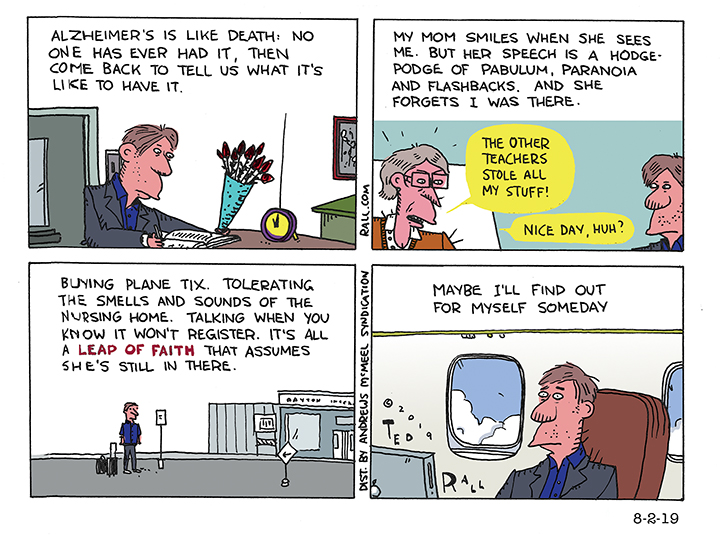
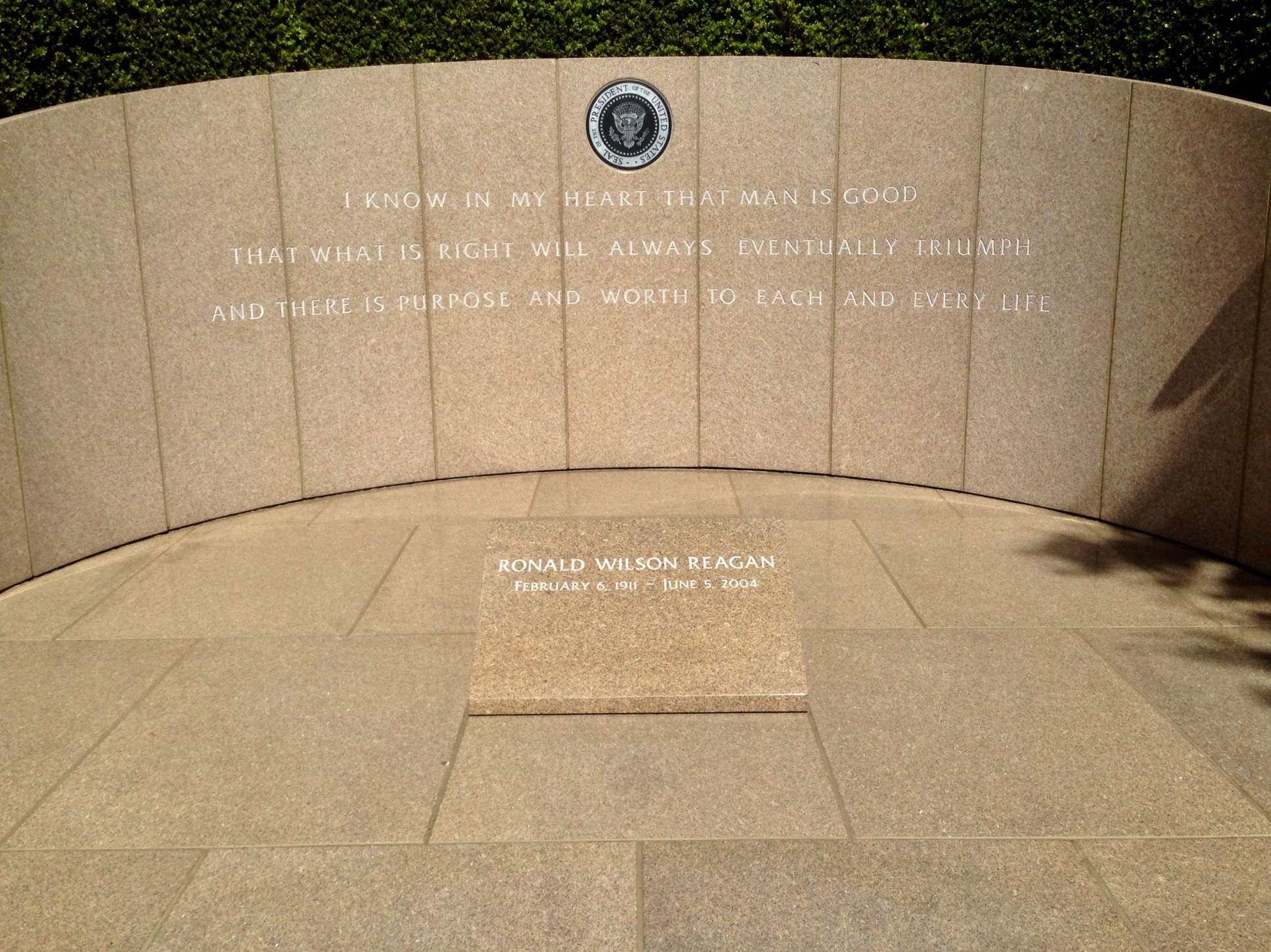

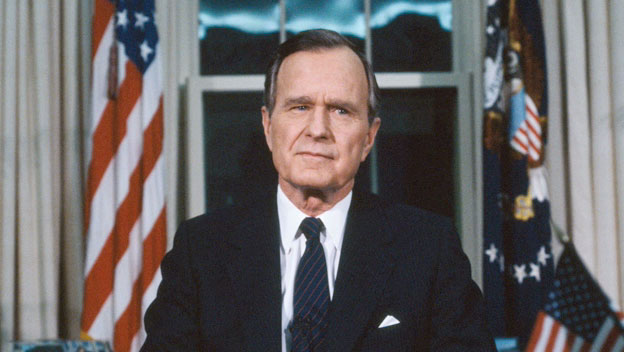 The curtain is about to fall on George Herbert Walker Bush, known colloquially as Bush 41, or simply 41. The patriarch is, if not exactly dying,
The curtain is about to fall on George Herbert Walker Bush, known colloquially as Bush 41, or simply 41. The patriarch is, if not exactly dying, 